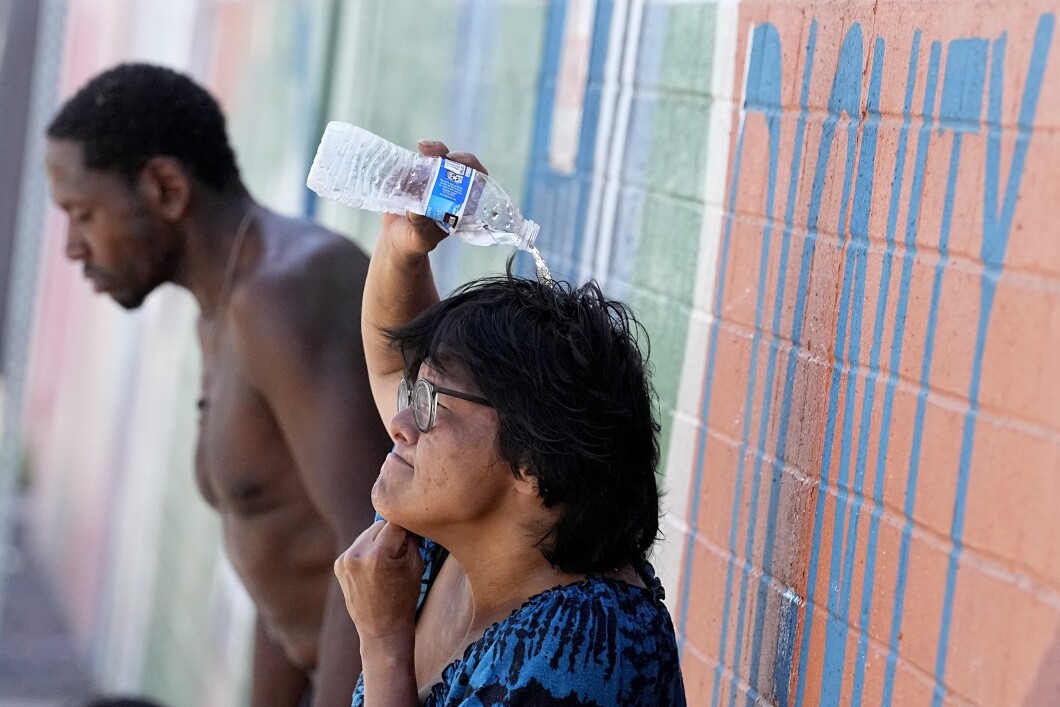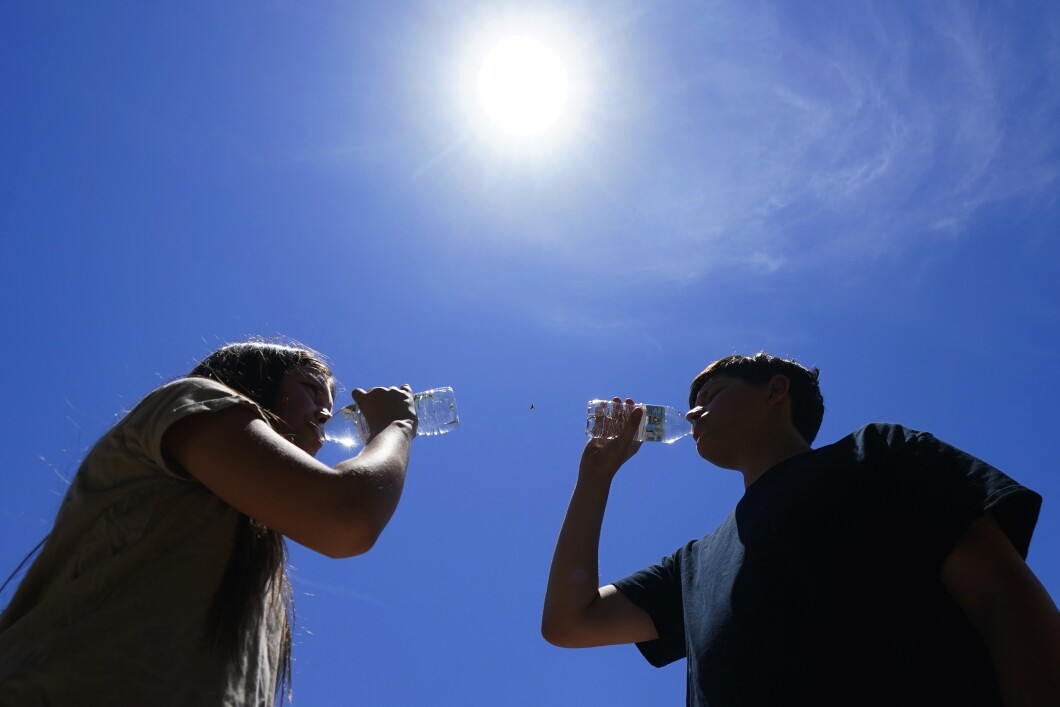
Congress has joined the conversation surrounding a heat dome that has encompassed the Southwestern United States this summer with the introduction of three new bills aimed at helping struggling citizens.
The legislation, one bipartisan, aims to help form a national response to extreme heat, and one establishes extreme heat as a natural disaster under Federal Emergency Management Agency.
NEW JERSEY SUES OVER NEW YORK CITY CONGESTION PRICING PLAN
Excess Urban Heat Mitigation Act of 2023
Rep. Ruben Gallego (D-AZ) introduced the Excess Urban Heat Migration Act of 2023 with Rep. Bonnie Watson Coleman (D-NJ) in April. It would give money to the Department of Housing and Urban Development for grant programs that would aid in cooling down urban areas.

The grants can be used to plant more trees, which would provide more shade, or it can be used to create and fund cooling centers that provide shelter and air conditioning, among other things.
“Phoenix summers are getting hotter and hotter, and as temperatures rise, time spent outdoors only gets more dangerous,” Gallego said in a statement.
“In urban areas, the effects of these rising temperatures is compounded by a lack of shade and miles of heat-absorbing concrete. And too often, it is our lower-income communities that are disproportionately impacted by this extreme urban heat. That is why I am proud to introduce this bill to address this deadly issue, keep Phoenix cooler, and ensure the hardest hit communities are prioritized,” he said.
The bill would designate $30 million per year through 2030 for the grant program, and it guarantees at least 75% of the funds go to low-income communities. It does not have support from any Republicans.
Stay Cool Act of 2023
Another Democratic-led bill, the Stay Cool Act, which was reintroduced by Watson Coleman in June, includes provisions for heat studies, funds for cooling centers, and other cooling systems such as wading pools and misting stations. The bill would also revise public housing rules to ensure residents have access to air conditioning.

“Extreme heat is killing our communities, and it will continue to worsen with climate change,” Watson Coleman said in a statement. “For many Americans, living through unexpected heat emergencies is not simply an inconvenience or nuisance, it is a life-threatening natural disaster – worsened by climate change – that warrants action by the federal government. … The [Stay Cool Act] treats extreme heat with the urgency that it deserves.”
The bill also creates a national ranking system for extreme heat and directs the National Weather Service to study the impact of naming heat waves in the same manner as hurricanes and tropical storms. The study is to help properly warn the public on preparing and responding appropriately to heat waves.
The Stay Cool Act also does not have any Republican support.
Extreme Heat Emergency Act
The bipartisan Extreme Heat Emergency Act was introduced by Gallego in June and seeks to add extreme heat to FEMA’s list of major disasters. By being added to the list, it would authorize FEMA to provide federal assistance to states that need help in dealing with extreme heat.
Other disasters such as hurricanes, tornadoes, storms, tidal waves, tsunamis, earthquakes, volcanic eruptions, landslides, mudslides, snowstorms, and droughts are already on the list.
CLICK HERE TO READ MORE FROM THE WASHINGTON EXAMINER
“Every summer, we are experiencing hotter and longer heat waves in the Valley,” Gallego said in a statement. “Despite the too often deadly effects of this heat, Arizonans are left to deal with the impacts themselves, and it is draining their resources. By adding extreme heat to the list of major disasters, my bill will help provide Arizona with the federal assistance and resources they need.”
Although the bill has bipartisan support, other members of Congress have questioned whether FEMA should be responsible for helping states battle the extreme weather.





